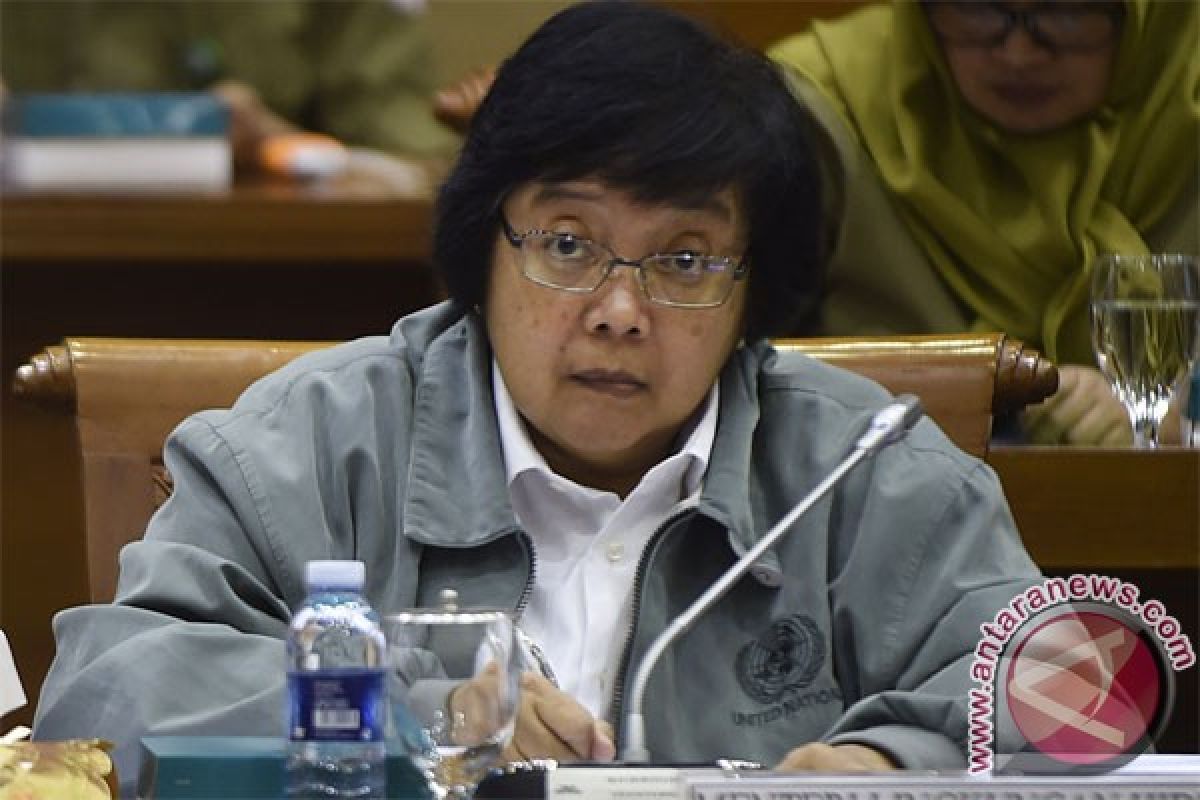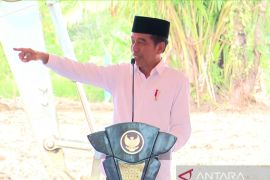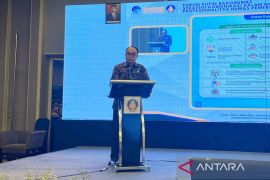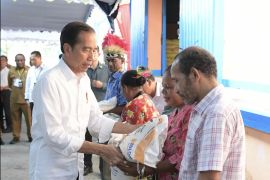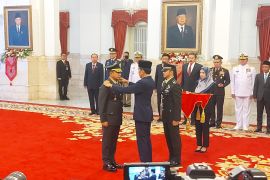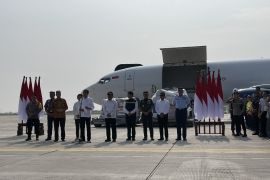In practice, individuals, organizations, and states can uphold the Paris Agreement."Jakarta (ANTARA News) - The Ministry of Environment and Forests has said Indonesia is fully committed to addressing the impact of climate change.
"The draft on the Paris Agreement to the United Nations Framework Convention on Climate Change (UNFCCC) has been ratified into law. The ratification was done relatively quickly, showing Indonesias strong commitment," Minister of Environment and Forests Siti Nurbaya stated here, Tuesday.
She claimed there is a close link between climate change and peoples lives that results in greenhouse gas emissions.
"This has been a worldwide concern, and the leadership of Indonesia played an important part in creating the Bali Road Map at COP13 in 2007, which formed the basis of COP20 in Lima, Peru; COP21 Paris in 2015; and the Paris Agreement," the minister remarked.
Countries around the world are united under the UNFCCC to find the best ways to share roles and responsibilities.
Mitigation and adaptation are the two main instruments for addressing the impact of climate change. The successful implementation of these two major instruments is highly dependent on funding support for capacity building, technology, and transparency in the context of sustainable governance.
In line with the provisions of the Paris Agreement, Indonesias Nationally Determined Contribution (NDC) also needs to be established on a regular basis.
In the first period, Indonesias NDC is to reduce emissions by 29 percent through its own efforts and by 41 percent with international cooperation in 2030, which will be achieved through forestry and agriculture and energy.
"In practice, individuals, organizations, and states can uphold the Paris Agreement," the minister noted.
At the individual level, everyone can become agents of change by adopting environmentally friendly lifestyles and can create adaptive life patterns to mitigate the effects of climate change.
At the institutional level, support can be provided by strengthening policies to ensure mitigation and adaptation, while at the state level, support can come in the form of policy orientation and national targets.
Earlier, at UNFCCC COP21 in Paris on December 2015, President Joko Widodo (Jokowi) stated that the Paris Agreement should reflect a balanced, fair approach that is in accordance with national priorities and capacities and is ambitious without hampering the development of developing countries.
(Uu.KR-LWA/INE/KR-BSR/O001)
Editor: Priyambodo RH
Copyright © ANTARA 2016
